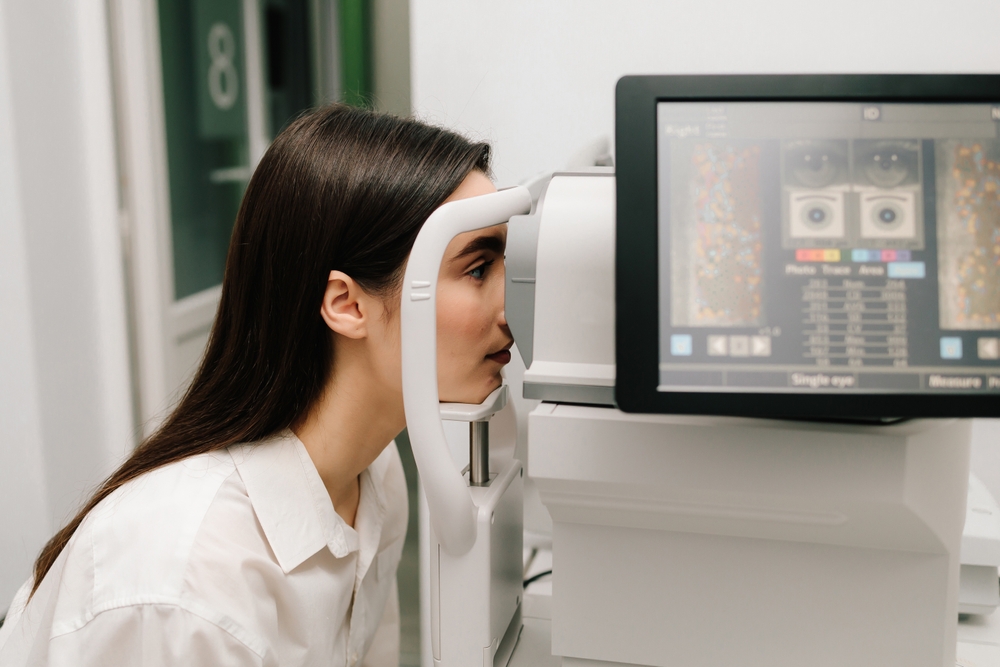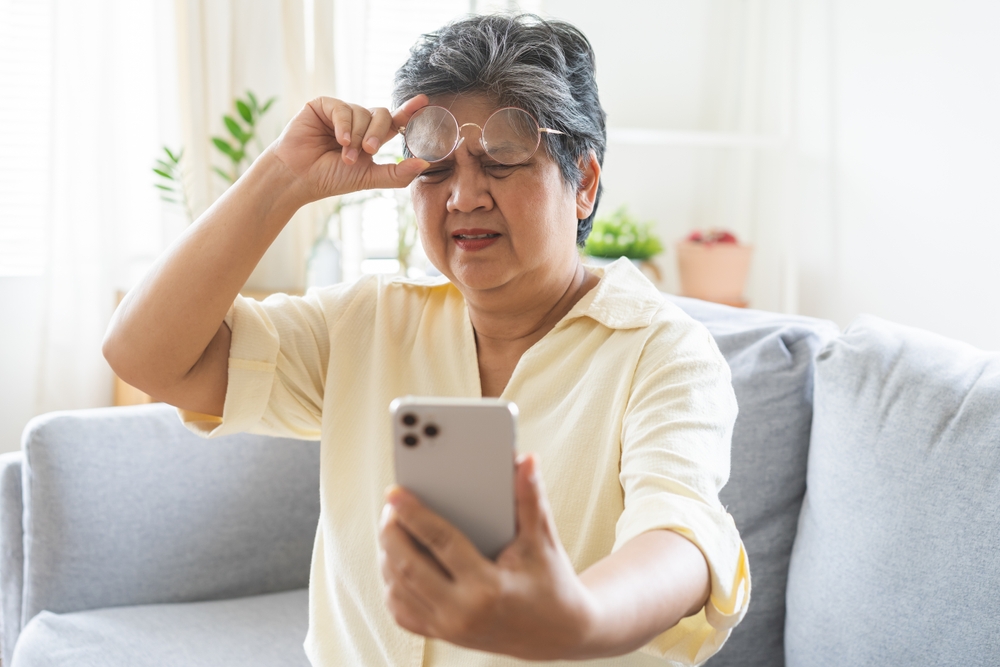Kopolow & Girisgen Doctors of Optometry Blog
Learn more about optometry care in our blog!

Blurry vision can be frustrating, inconvenient, and sometimes even alarming. Whether it happens occasionally or persists throughout the day, changes in your vision should never be ignored. While blurry vision can be caused by something simple, it may also signal an underlying eye condition or health concern that requires prompt attention.

With so many aspects of healthcare moving online, it’s natural to wonder whether eye exams can also be done virtually. Online vision screenings have become increasingly popular, offering a convenient way to check certain aspects of your vision from home.

Age-related macular degeneration (AMD) is one of the leading causes of vision loss in adults over 50. Because AMD often develops silently, early detection is critical for preserving long-term vision. One of the most effective tools in identifying AMD early is advanced retinal imaging, particularly widefield technology such as Optos retinal exams.

If you have vision insurance or a flexible spending account, those dollars are meant for your eyes, not to sit idle until they expire. Every fall we see a rush, and every year people are surprised by how much value they left on the table by waiting. Use your benefits now so you can schedule an exam, update your prescription if needed, and invest in eyewear that fits your life in Las Vegas.

Regular eye exams do more than just check your vision; they play a crucial role in detecting early signs of eye disease and preserving long-term eye health. Still, certain symptoms should never be ignored. If you notice any of the following four signs, it’s time to schedule an appointment with your eye doctor.

October is a month that invites imagination. Between the costumes, the makeup, and the decorations, it’s easy to get swept up in creativity. But while it’s fun to transform yourself or your home for the season, your eyes deserve a little extra care and attention.

If you wear contact lenses, you probably know how sensitive your eyes can be to your surroundings. One week your lenses feel fine. The next, they’re dry, uncomfortable, and fogging up at random. What’s going on?

When most people think of great vision, they think of 20/20 eyesight. While this is certainly important, athletes and active individuals need more than just clear sight to perform at their best. Sports vision training focuses on enhancing the visual skills that go beyond standard eye charts - helping athletes react faster, improve coordination, and gain a competitive edge.

If you’ve ever experienced itchy, red, or watery eyes after spending time outdoors or around pets, you may be reacting to common allergens like pollen, dust, or pet dander. These tiny particles are harmless to most people, but for those with allergies, the immune system views them as threats - leading to uncomfortable eye symptoms that can affect your daily life.

August is National Eye Exam Month, a reminder that taking care of your eyes isn’t just about seeing clearly. It’s about protecting your overall health, catching potential problems early, and maintaining the quality of life you want to enjoy. Whether you’re 7, 37, or 77, regular eye exams should be a part of your health routine—just like dentist visits and annual physicals.








